Top 10 Must-Read Science Fiction Books: Science fiction has long been one of the most imaginative genres of literature, exploring future worlds, alien civilizations, and the mysteries of space, time, and technology. The best science books not only entertain, but also provoke thought about our future, society, and the nature of existence.
One of the Science Fiction Books is Frank Herbert’s Dune (1965)
Frank Herbert’s Dune is a sprawling epic that combines politics, religion, ecology, and technology. Set on the desert planet Arrakis, the novel follows Paul Atreides as he navigates a web of betrayal and intrigue as he embraces his destiny as a messianic figure. Rich world-building and complex characters make it a staple of science fiction.
An in-depth exploration of power, politics & environmental issues still relevant today.
1984 by George Orwell (1949)
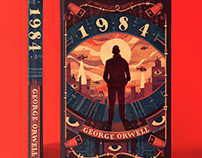
A dystopian masterpiece, George Orwell’s 1984 envisions a future where the government, led by Big Brother, controls every aspect of life through surveillance, censorship & propaganda. The protagonist, Winston Smith, begins to question the system, which leads to a dangerous rebellion.
Orwell’s critique of authoritarianism, surveillance culture, and the manipulation of truth feels prescient in today’s world.
The Left Hand of Darkness by Ursula K. Le Guin (1969)
Le Guin’s The Left Hand of Darkness is a groundbreaking exploration of gender and culture set on the icy planet Gethen. The inhabitants of this world can change genders, led by the protagonist, Genli Ike, to confront his preconceived notions of identity.
This novel challenges readers to rethink their understanding of gender, making it a timeless work of speculative fiction.
Isaac Asimov’s Foundation (1951)
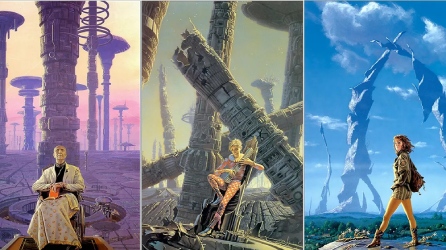
Isaac Asimov’s Foundation series is a classic of grand-scale science fiction. The novel centers on Harry Seldon, a mathematician who predicts the fall of the Galactic Empire and tries to alleviate the ensuing chaos by founding “The Foundation”. This tale of futuristic politics and social engineering has influenced countless sci-fi works.
This is a visionary story of the rise and fall of civilization, full of intellectual challenges and a deep understanding of historical cycles.
Neuromancer (1984) by William Gibson
Neuromancer is a cyberpunk classic that introduced the concept of cyberspace long before the Internet became a reality. The novel follows Case, a captured hacker, who is recruited to stop the ultimate heist in a future dominated by artificial intelligence, megacorporations, and cybernetics.
Gibson’s dark, gritty vision of the future shaped the cyberpunk genre and remains a cautionary tale about technology and corporate power.
The Martian (2011) by Andy Weir
Andy Weir’s The Martian is a fascinating survival story set on Mars. Astronaut Mark Watney is stranded on the Red Planet and must use his ingenuity, engineering skills, and indomitable optimism to survive. The novel is a love letter to science and problem-solving, with detailed scientific explanations.
This is a thrilling, scientifically accurate story of survival and the triumph of the human spirit in the face of overwhelming odds.
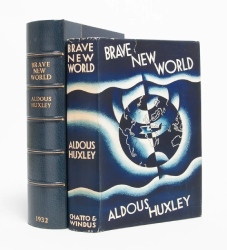
Brave New World by Aldous Huxley (1932).
Aldous Huxley’s Brave New World envisions a dystopian future where society is built for efficiency and pleasure but at the cost of individuality and freedom. The novel explores a world where people are genetically born for certain roles and emotions are suppressed through the drug “Soma”.
It offers a haunting vision of a world where technology is used to control rather than liberate, raising ethical questions about biotechnology and consumerism.
Snow Crash (1992) by Neal Stephenson
Snow Crash is a fast-paced cyberpunk novel that mixes ancient Sumerian mythology with futuristic virtual reality and corporate dystopia. The hero, the protagonist, is a computer hacker and sword fighter who uncovers a conspiracy involving a mind-altering drug called “Snow Crash”.
Its mix of humor, action, and modern technological concepts make it an enjoyable read, while the themes of information warfare feel incredibly relevant in the digital age.
The Time Machine by HG Wells (1895).
One of the earliest works of science fiction, The Time Machine by HG Wells is a novel that introduces the concept of time travel. The hero of the story invents a device that transports him thousands of years into the future, where he encounters the peaceful Eloi and the barbaric Morlocks, two species descended from humans.
Wells’ exploration of class divisions and the future of humanity laid the foundation for countless time-travel stories and speculative fiction.
Hyperion (1989) by Dan Simmons
Hyperion is a richly woven space opera that follows seven pilgrims as they journey to meet a mysterious creature known as the Shrike. Each pilgrim tells their own story, reminiscent of The Canterbury Tales, revealing a complex universe filled with war, religion, and artificial intelligence.
Simmons’ imaginative world-building and narrative structure make Hyperion an epic and deeply philosophical work that explores themes of fate, faith, and the nature of humanity.
These ten books represent the diversity and richness of the science fiction genre, offering readers a variety of experiences—from dystopian futures to intergalactic empires, from time travel to cybernetic revolutions.
Read Also: Cyclone Global Navigation Satellite System
![]()

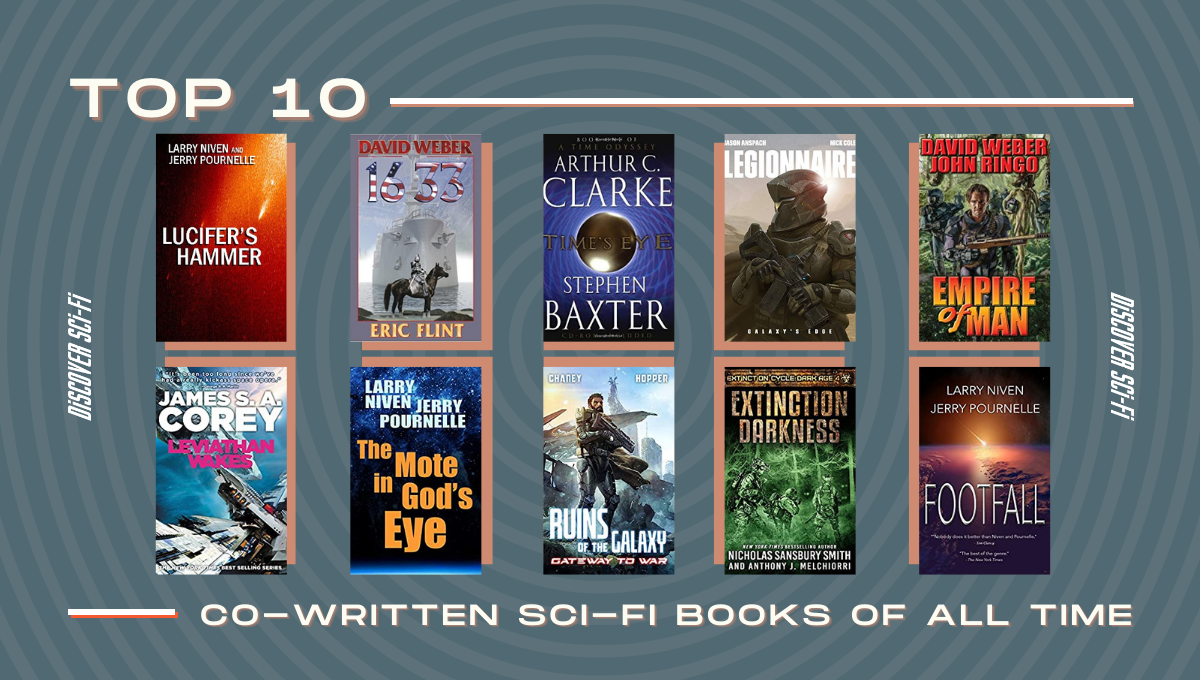
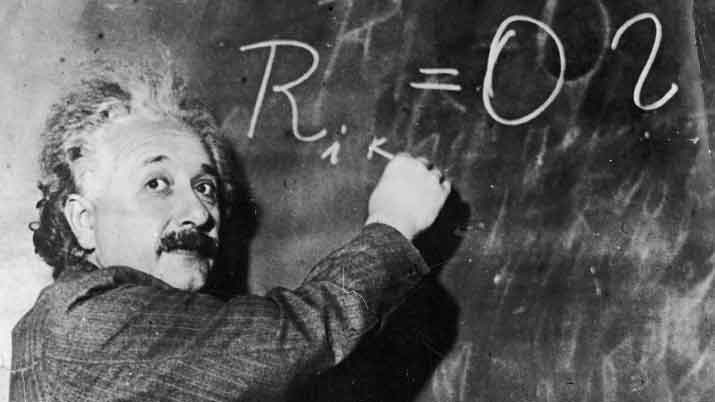
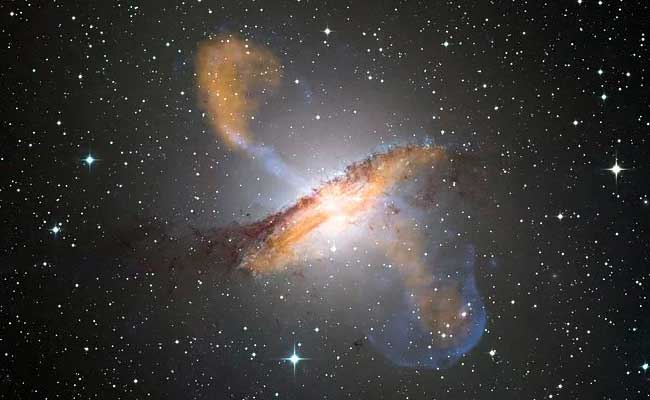
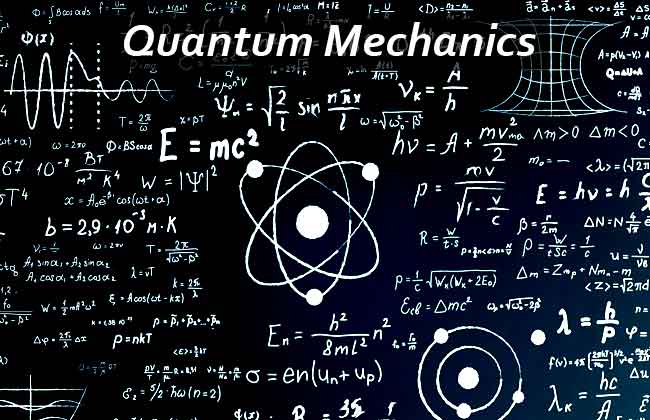
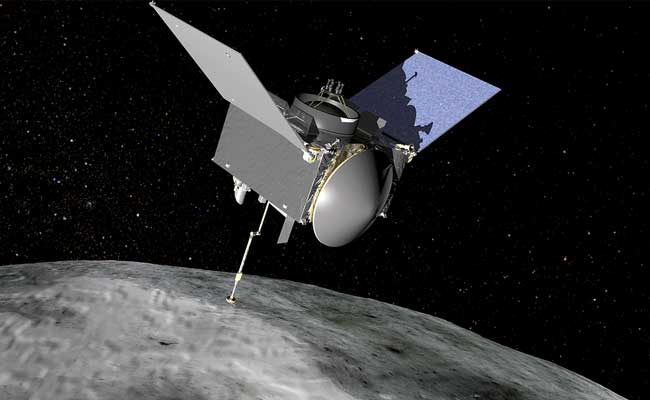
One thought on “Top 10 Must-Read Science Fiction Books of All Time”